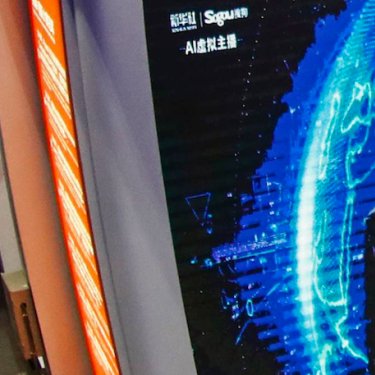RSF urges democracies to resist China’s “new world media order”

On the 30th anniversary of the Tiananmen Square massacre, Reporters Without Borders (RSF) warns the world’s democracies against the danger that China’s system of media control poses to journalistic freedoms, and against trying to compete for Beijing’s favours, an approach that will be fatal for all those who love freedom.
In a report published in March, available in English, French and Chinese on RSF’s website (rsf.org), RSF exposed the strategy used by Beijing for gaining control over international news media, a project that threatens press freedom worldwide.
“In Beijing’s view, the role of journalists is just to relay state propaganda, not to question what governments do,” RSF secretary-general Christophe Deloire said. “If the democracies don’t resist, Beijing will end up imposing its alternative, undemocratic model and ‘Chinese-style’ propaganda will gradually invade the world’s media, usurping journalism as we know it.”
“Develop critical spirit” in Beijing
China has invested massively in modernising its media communication in the past decade. The state-owned TV broadcaster CGTN now operates in 140 countries. The radio broadcaster RCI broadcasts in 65 languages. The regime has persuaded tens of thousands of journalists from emerging countries to “develop their critical spirit” in Beijing, with all expenses paid in return for favourable press coverage. Chinese diaspora media, which used to criticize the regime, have almost all been bought up and incorporated into the Communist Party’s propaganda apparatus.
Beijing exports its censorship and surveillance tools, including the search engine Baidu and the instant messaging service WeChat, and encourages authoritarian governments to copy its draconian legislation, a strategy that is particularly effective in Southeast Asia.
Violence and intimidation
Beijing also resorts to intimidation and violence to silence dissenting voices, even in democracies. From freelance journalists to leading news organizations, from publishing houses to social network platforms, no link in the information production chain is now beyond the reach of Beijing’s “invisible hand.”
Even China’s ambassadors no longer hesitate to intervene in a very undiplomatic manner to denigrate media reports that challenge the official Beijing narrative, while the democracies still find it hard to respond to these attacks.
China is ranked 177th out of 180 countries in RSF’s 2019 World Press Freedom Index.



